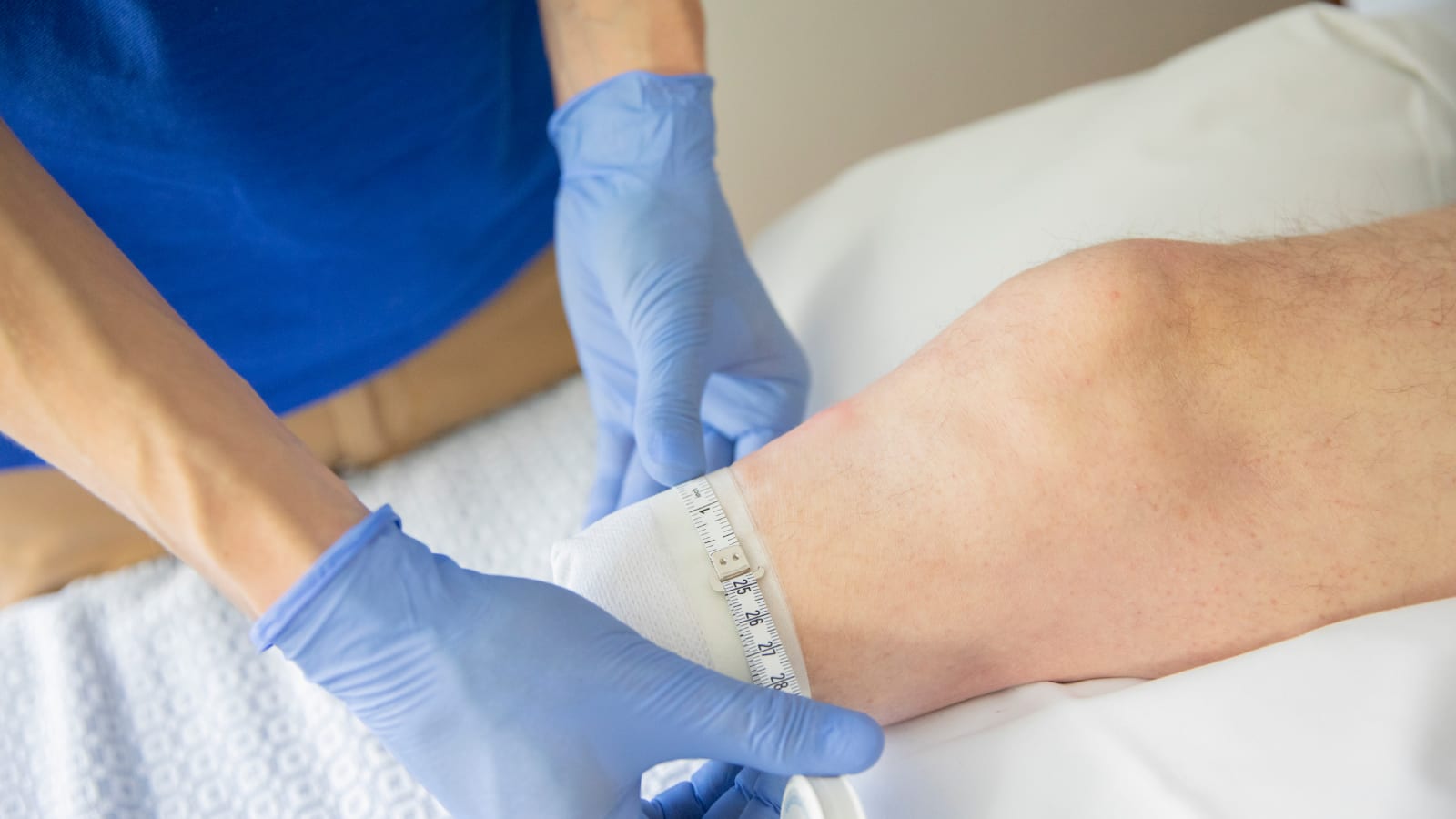Prior to amputation
Preparing for surgery
Unless you lose a limb through an accident or emergency procedure, you will be able to discuss the surgery beforehand with your doctor. You will probably be overwhelmed by the news that you face amputation surgery, and may have many questions and concerns.
A well-prepared person understands the need for amputation and realises that even though an artificial limb cannot ever be the same as a natural limb, it could be better than a non-functional or diseased limb. Knowledge puts you at an emotional and even medical advantage: it reassures you, comforts you, aids your recovery and ultimately helps you fight your fears. The better you understand why you need an amputation, what happens during surgery, and what the recovery and rehabilitation are expected to entail, the better you will be able to deal with the consequences of losing a limb.
Your active participation will be a major factor in your physical and emotional recovery. By being active in your rehabilitation, you will be exercising control over your life and helping yourself regain independence.
Your healthcare team
The benefits of a team approach
Working with a team of well-coordinated experts increases the quality of your care and can significantly shorten the length of your rehabilitation. Your doctor will refer you to the right medical professionals who may be involved in the various aspects of your rehabilitation, based on your physical, psychological and vocational needs.
Consulting with a prosthetist is a good place to start on the road to recovery, but you will most likely need help from other medical professionals as well, such as:
- A physiotherapist,
- A biokineticist,
- An occupational therapist,
- A dietitian,
- A psychologist
These types of teams are available in specialised rehabilitation centres, but if you live in a small town or a rural area, there may not be enough patients to support such a facility.
“If you do not have the opportunity to get treatment at a specialised rehabilitation centre, ask your doctor or prosthetist to help you develop a rehabilitation plan that utilises the skills of those medical professionals that are available in your area.”
Prof Wayne Derman
Medical terms
- Prosthetist: a medical professional trained in the design, manufacturing and repair of artificial limbs (prostheses).
- Surgeon: a doctor specialising in surgery and who will be part of the team who performs the amputation.
- Surgery: the medical treatment in which a surgeon repairs or removes damaged or diseased parts by incision or manipulation.
- Orthopaedic surgeon: a surgeon specialising in the musculoskeletal system.
- Musculoskeletal system: the system connecting bones with other bones and muscle fibres via connective tissue such as tendons and ligaments.
- Prosthesis: a prosthesis (plural: prostheses) is an artificial device that replaces a limb lost through trauma, disease or a congenital condition. The components of a prosthesis depend on the limb it replaces. If the prosthesis replaces a leg, for example, it is called a prosthetic leg.
- Physiotherapist: a medical professional trained in all aspects of human movement and who will help the new amputee to achieve the highest possible level of independence.
- Biokineticist: a clinical exercise specialist trained to prescribe exercise for rehabilitation or to enhance performance (sport and work), who will be a key team member in getting a new amputee back to a full, active lifestyle.
- Vascular surgeon: a surgeon specialising in diseases of the arteries and veins.
- Occupational therapist: a medical professional who helps patients improve their functioning, typically helping them to return to work and regain independence.
- Dietician: a medical professional who advises people what to eat in order to lead a healthy life or achieve a specific health-related goal.
- Psychologist: a medical professional who works with patients in various ways, often giving counselling or psychotherapy, who will play a key role during the adjustment phase after surgery.
